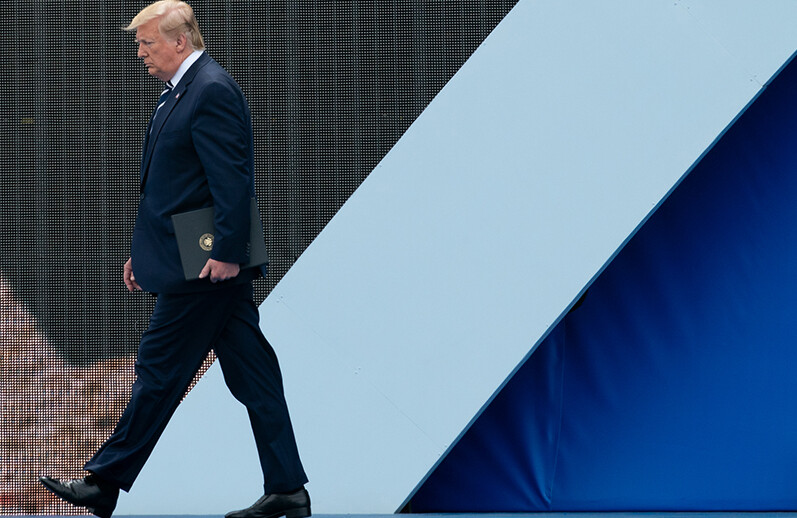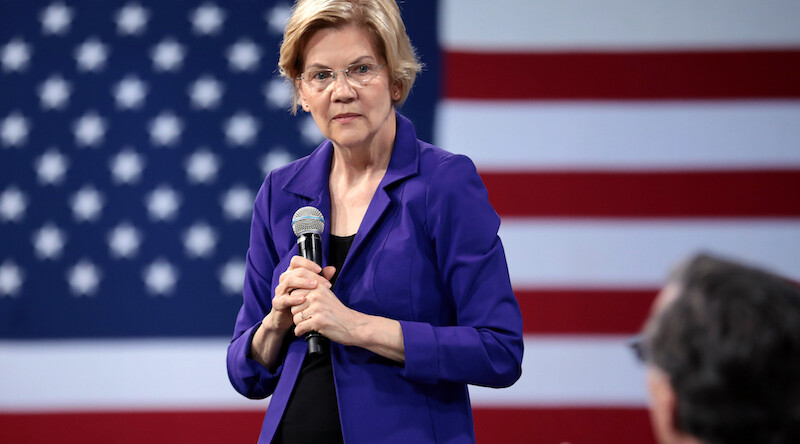This article originally appeared on the Ethics & International Affairs blog.
One of the reasons for the U.S. Global Engagement project's continued emphasis on understanding the roots of "narrative collapse"—in terms of American voters supporting an expansive vision of the United States' role in the world—is our sense that this is a phenomenon that extends beyond the figure and person of President Donald Trump.
Our perspective is shared by an interesting set of observers: the diplomatic corps in Washington, DC. Nahal Toosi's insightful reporting in Politico on what the representatives of other countries are saying about our domestic politics is worth reading.
Those expecting that an electoral change in 2020 represents an automatic return to the past? Consider this:
On some subjects, it may not matter much whether the Republican president wins or loses, several diplomats said.
On U.S. military involvement overseas, for instance, some Democratic candidates for president are showing isolationist impulses like Trump. And Trump's desire for more "fair" trade deals isn't too different from the views of Democratic presidential candidates like Bernie Sanders or Elizabeth Warren.
In other words, no foreign government should bank on getting a better shake post-Trump.
And this:
"He's not an isolated phenomenon," a European diplomat said. "In his campaign and his presidency, he's just responding to what the American public feels. The frustration he expresses, the grievances he responded to in his campaign are very often real…It's not Trump—it's much wider than him," agreed a senior European Union diplomat.
This seems to suggest that some countries have assessed that 2016 was not a "blip," but represents a break with the past, and that future U.S. presidencies will be responding to the forces and questions unleashed in that campaign.



